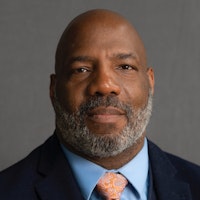
We need more than anything else for people of conscience to behave like people of conscience.
Show Notes
When Americans elected their first black president more than a decade ago, some questioned whether the country had transitioned into a post-racial era. But today race is a more prominent and intransigent problem than ever. As the US grapples with issues like identity politics, the Travel Ban, a wall on the southern border, and Black Lives Matter, writers Jelani Cobb and Wajahat Ali question the likelihood of a post-racial America. Cobb, a staff writer at The New Yorker and journalism professor at Columbia, says America needs to closely examine its imperfections and reflect on its history of slavery. He speaks with Ali, a New York Times op-ed contributor. This episode originally dropped in February of 2019. The views and opinions of the speakers in the podcast do not necessarily reflect those of the Aspen Institute.
Learn More
Additional Information
Explore
Related episodes
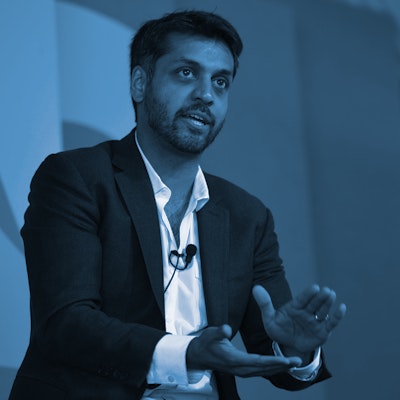

How do the events of today compare to other periods of extremism in America?


Hear Michele Norris speak with Mitch Landrieu and Susan Orlean.
Elisabeth Rosenthal on our broken healthcare system.
Hear from Elizabeth Acevedo and Arthur Brooks at the Summit on Inequality and Opportunity.


Bryan Stevenson, founder and director of the Equal Justice Initiative, speaks with Harvard President Drew Gilpin Faust about his organization’s efforts to build a museum examining the legacy of slavery, racial terrorism, segregation, and police violence.


Robert Runcie on the power of education, how tragedy shakes a community, and why he believes in hope

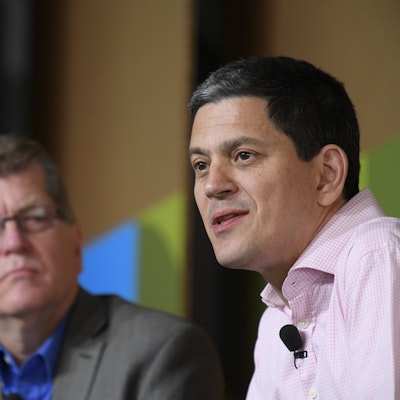
David Miliband thinks the refugee crisis is solvable. So how do we start?
Which strategies are most promising to stop gun violence in Chicago?

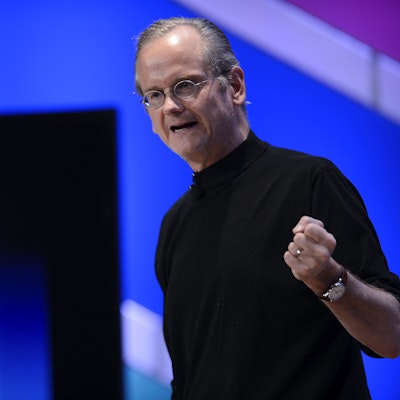
How can Americans restore their confidence in their government?


John R. Lewis reflects on his lifelong dedication for civil rights.


Arthur Brooks on bringing the most happiness to the most people.

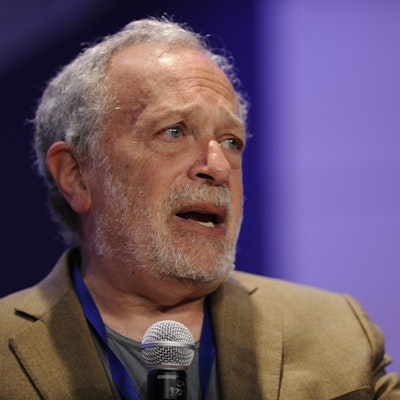
Robert Reich live at the Aspen Ideas Festival.


This episode features “big ideas” from festivals as far back as 2007.


Actress Ashley Judd on activism and promoting health for women and girls around the world.


Shaka Senghor shares his insights from seven years in solitary in one of the nation's most violent prisons.


Wes Moore, author of "Five Days: The Fiery Reckoning of an American City" (written with Erica Green), says communities around the United States must confront systemic racism.


Most Americans see religious freedom as an important right. Yet how that freedom is defined and applied isn’t consistent, and efforts to safeguard the religious freedom of some may be discriminatory for others.


After more than two decades of research, tax scholar Dorothy A. Brown discovered that America's tax system is not color-blind. In fact, societal racism is deeply embedded in it. From attending college to getting married to buying a home, Black Americans are financially disadvantaged compared to their white peers.


Current political fault lines are fracturing American society as people grow farther apart from one another due to differing beliefs and opinions. We often see people we disagree with as caricatures, and think we can never reconcile our differences. Yet despite that sense of contradiction we are much closer to each other than we think. To bridge the divide, we have to stre...
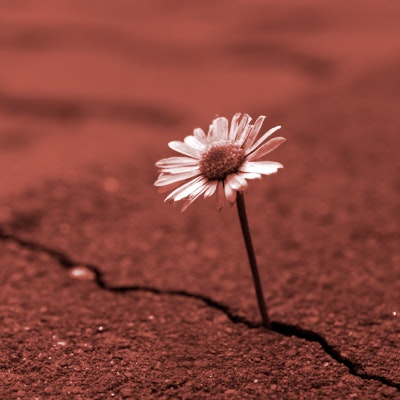
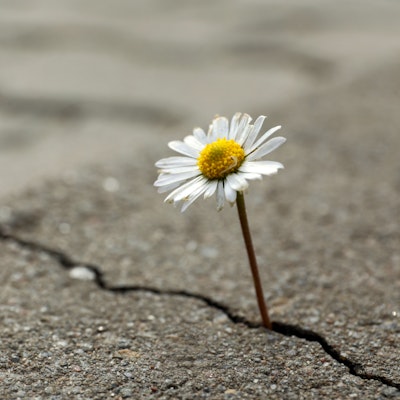
Conflict and suffering can bring out the worst in people, but it can also bring out the best. This is one of the lessons New York Times columnist Nicholas Kristof has learned from decades of reporting on the ground in war zones and amidst humanitarian nightmares. Somehow, despite witnessing atrocities like the Tiananmen Square protests, genocide in Darfur and war in Iraq,...






